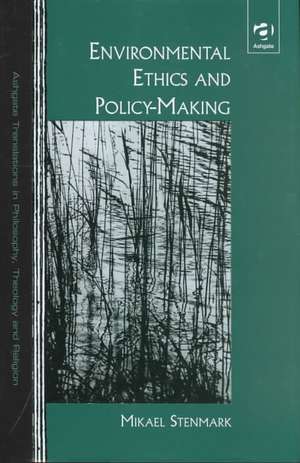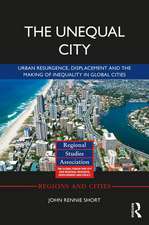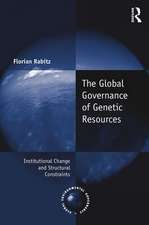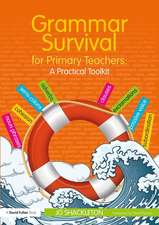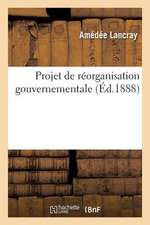Environmental Ethics and Policy-Making
Autor Mikael Stenmarken Limba Engleză Hardback – 7 feb 2002
| Toate formatele și edițiile | Preț | Express |
|---|---|---|
| Paperback (1) | 320.80 lei 6-8 săpt. | |
| Taylor & Francis – 28 noi 2016 | 320.80 lei 6-8 săpt. | |
| Hardback (1) | 763.39 lei 6-8 săpt. | |
| Taylor & Francis – 7 feb 2002 | 763.39 lei 6-8 săpt. |
Preț: 763.39 lei
Preț vechi: 1026.95 lei
-26% Nou
Puncte Express: 1145
Preț estimativ în valută:
146.07€ • 152.52$ • 120.62£
146.07€ • 152.52$ • 120.62£
Carte tipărită la comandă
Livrare economică 15-29 aprilie
Preluare comenzi: 021 569.72.76
Specificații
ISBN-13: 9780754605638
ISBN-10: 0754605639
Pagini: 168
Dimensiuni: 156 x 234 mm
Greutate: 0.41 kg
Ediția:1
Editura: Taylor & Francis
Colecția Routledge
Locul publicării:Oxford, United Kingdom
ISBN-10: 0754605639
Pagini: 168
Dimensiuni: 156 x 234 mm
Greutate: 0.41 kg
Ediția:1
Editura: Taylor & Francis
Colecția Routledge
Locul publicării:Oxford, United Kingdom
Cuprins
Contents: Introduction; The Ethical Dimension of Environmental Problems: The limitations of science; Environmental ethics and views of nature; Anthropocentric Environmental Ethics: Basic values in the ethic of sustainable development; Holistic and intergenerational anthropocentrism; Instrumental value, intrinsic value and inherent worth; Dualistic and holistic anthropocentrism; The anthropocentrism of sustainable development; Our responsibility to future generations; Non-Anthropocentric Environmental Ethics: Biocentric ethics; Ecocentric ethics; Environmental Management: Aims and Policies: Human population policies; Wilderness preservation policies; Wilderness management policies; Policies regarding endangered species; Agricultural policies; The Relevance of Environmental Ethics; Bibliography; Glossary; Index.
Recenzii
’Stenmark provides the most extensive and penetrating analysis of how environmental ethics informs environmental policy and sustainable development. What people do depends on why they do it. There is often critical divergence between anthropocentric, biocentric, and ecocentric ethical perspectives. Different convictions can involve different duties, here applied to concerns about population, future generations, agriculture, endangered species, and wilderness. Here is bridge-building from principle to practice, par excellence.’ Holmes Rolston, III, University Distinguished Professor, Colorado State University, USA
Descriere
Environmental issues raise crucial questions. What should we value? What is our place in nature? What kind of life should we live? How should we interact with other living things? Environmental management and policy-making is ultimately based on answers to these and similar questions, but do we need a new ethics to be able to overcome the environmental crisis we face? This book addresses these important questions and explores the values that decision-makers often presuppose in their environmental policy-making. Examining the content of the ’ethics of sustainable development’ that the UN and the world's governments want us to embrace, this book examines alternatives to this kind of ethics and shows how different environmental ethical theories support different goals of environmental management and generate different policies when it comes to population growth, agriculture, and preservation and management of wilderness areas and endangered species. Mikael Stenmark concludes that policy-makers must take more seriously the value assumptions and conflicts connected to environmental issues, and state explicitly on what values their own proposals and decisions are based. Those studying environmental issues or environmental philosophy will find this accessible text invaluable in presenting a clear understanding of environmental ethics and contemporary applications and policies.
